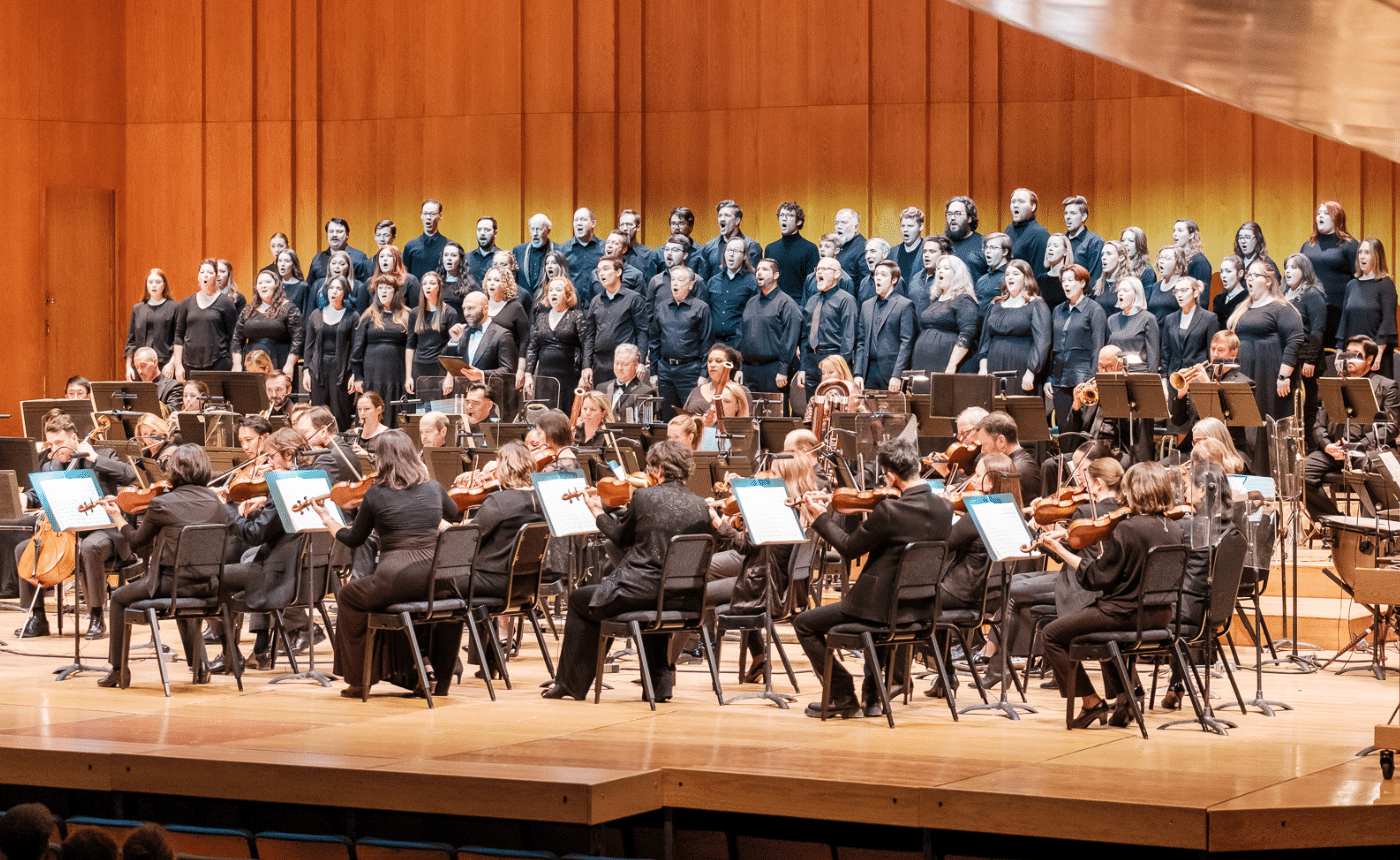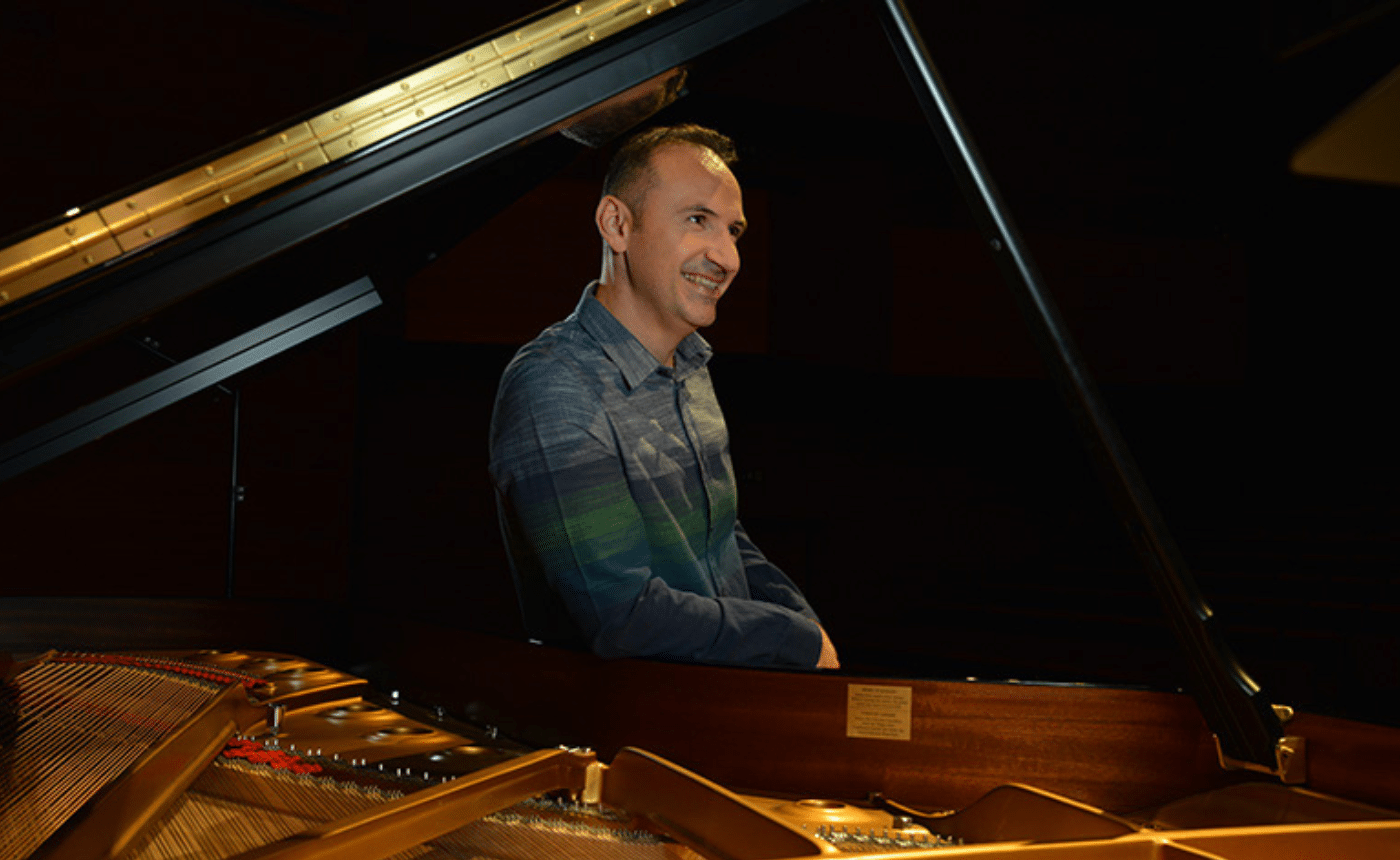Beethoven – Symphony No. 6 in F Major, op. 68 (“Pastorale”)
Written by Jeff Counts
Instrumentation: 2 flutes, piccolo, 2 oboes, 2 clarinets, 2 bassoons, 2 horns, 2 trumpets, 2 trombones, timpani, strings
Duration: 39 minutes in five movements.
THE COMPOSER – LUDWIG VAN BEETHOVEN (1770-1827) – The period from 1803-1808 was marked by furious compositional activity for Beethoven but he still found it difficult to establish any financial security in Vienna. He did enjoy a few generous supporters and could sell pieces to publishers, but he had no steady employment and had trouble setting up a concert from which he could collect the sales. In 1808, finally, he found both.
THE MUSIC – The “Pastoral” Symphony by Beethoven has been forever linked to his 5th Symphony thanks to the circumstances of their dual premiere. It would be unheard of today to program both of these full-length symphonies on a single concert but that is exactly what happened back on December 22, 1808 at the Theatre an der Wein. This historic performance included not only the 5th and 6th Symphonies but also the 4th Piano Concerto, a concert aria, excerpts from the Mass in C and the “Choral Fantasy.” It was an under-rehearsed marathon of over four hours that had very mixed results for Beethoven. Regardless of the evening’s effectiveness, the juxtaposition of the two symphonies is fascinating to consider. Though created simultaneously, they could not be more different. The “Pastorale” is as gentle and subtle as the 5th is forceful and iconic. If the 5th opens with the sharpness of a blade, the 6th whispers itself into life before the listener is even aware. The five movements of the 6th Symphony have titles that evoke specific scenes from “country life” and while much of the music seems quite descriptive, the composer cautioned that “It is rather an expression of feeling than a pictorial representation.” The disclaimer is unnecessary and, in some instances, possibly even inaccurate. The storm sequence in particular is as literal as a film score and has not been improved upon by another composer’s “weather music” in the two centuries since.
THE WORLD – As of January 1, 1808 it was officially illegal to import slaves into the United States. 1808 also saw the “Rum Rebellion” in Australia, the publication of Goethe’s Faust (Part I) and Napoleon’s appointment of his brother Joseph as King of Spain.











